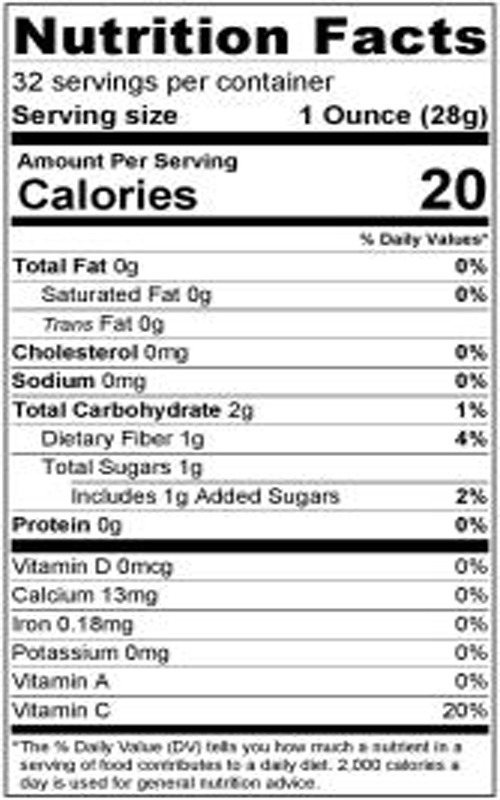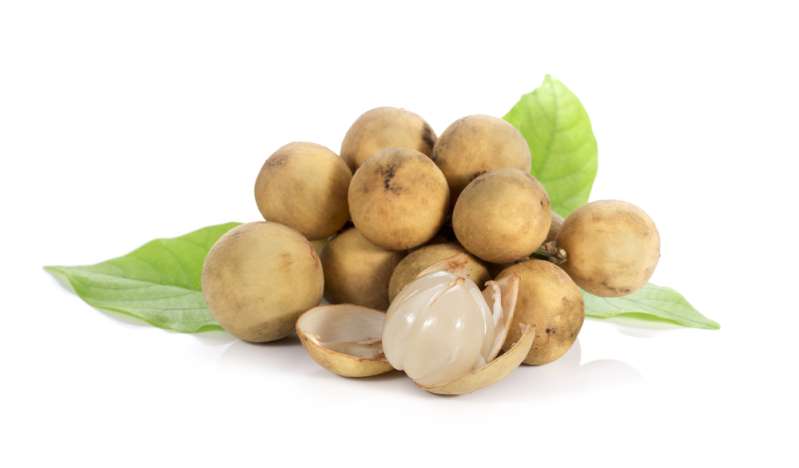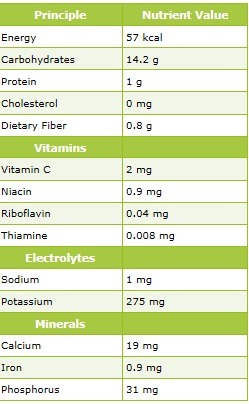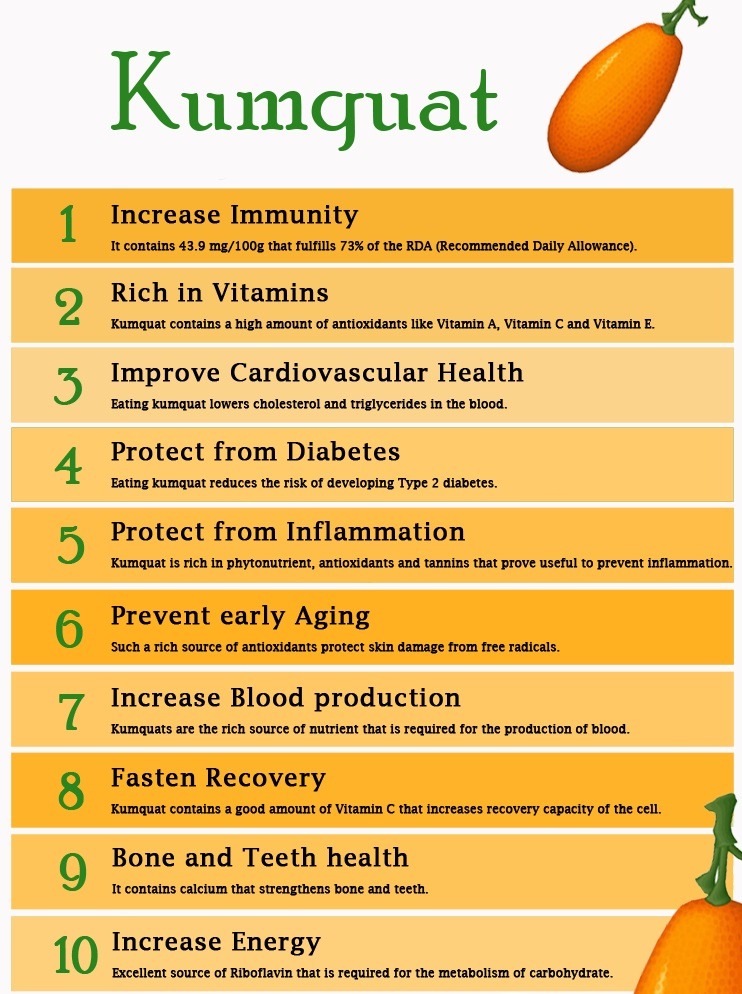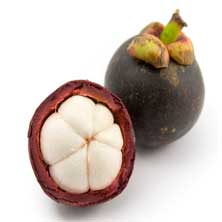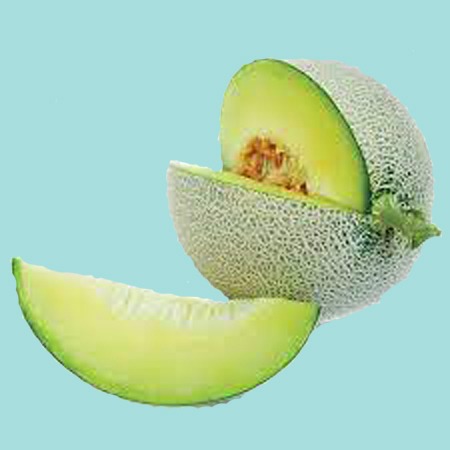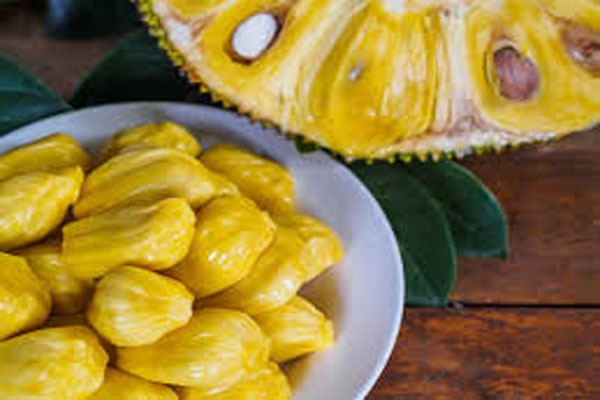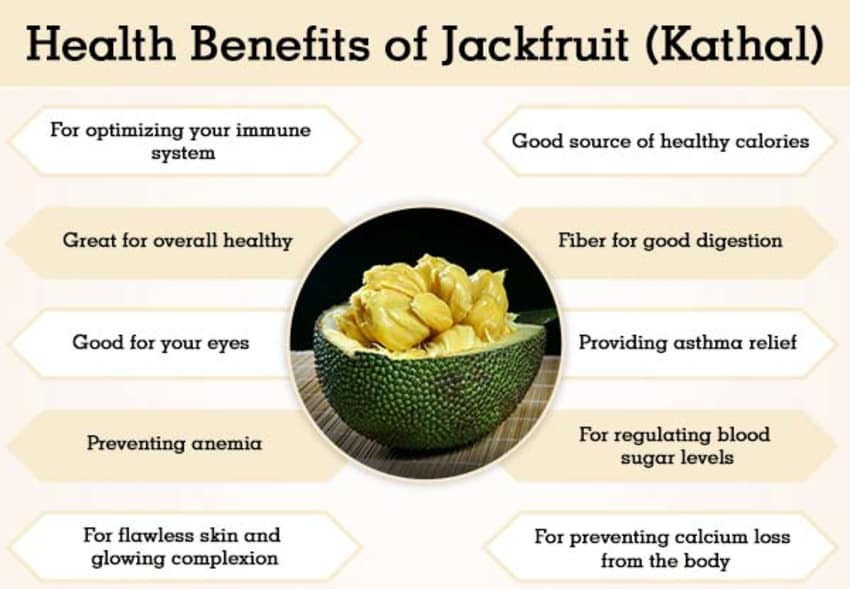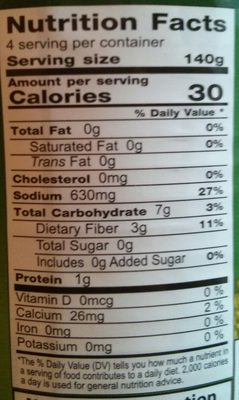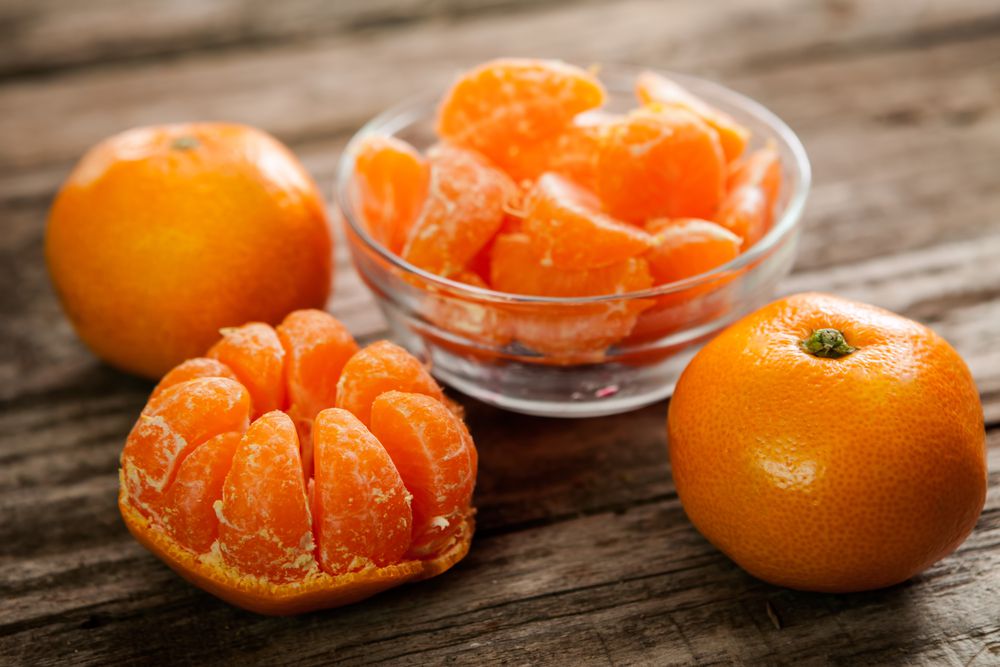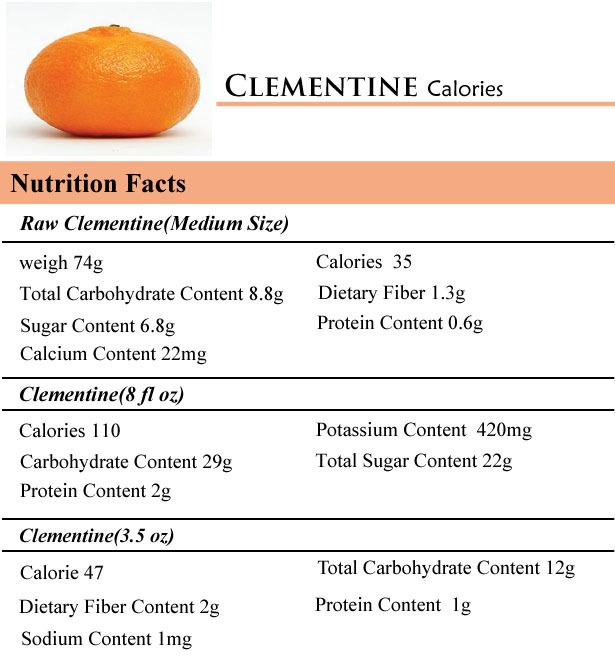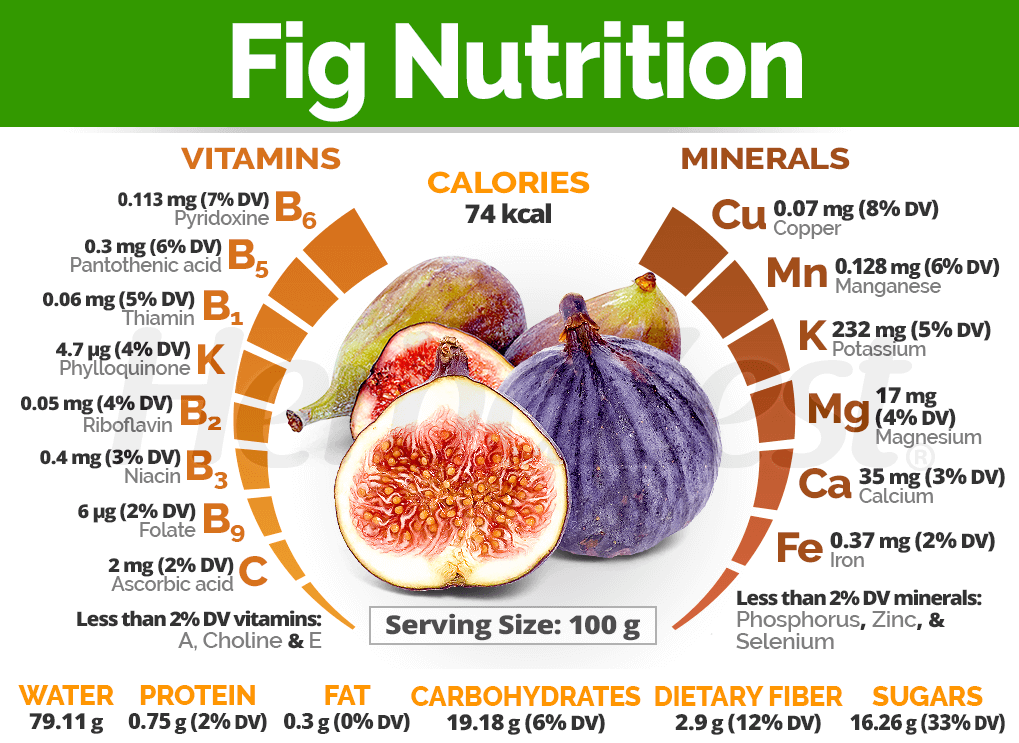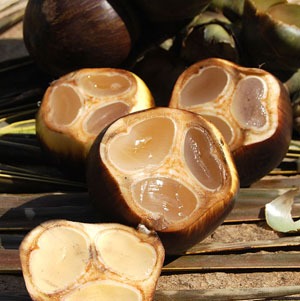Red Banana Nutrition Facts And Health Benefits
Nutrition Facts Red Banana
Just like most fruits, red bananas have a very low-calorie contribution to your diet. A medium sized red bananas has only 110 calories. This means that if you eat a red banana you will fill yourself up without downing too many calories. So, if you are on a weight loss spree, you will be very much in your calorie budget if you happen to eat a red banana.
A medium sized red banana has about 4 g of fiber to offer and this meets 16% of your daily need of fiber. Women need around 25 g of fiber and men need 38 g of fiber every day.
Hemoglobin is the protein that carries oxygen to different parts of the body. When your intake of vitamin B6 is low, it can lead to anemia. When you include red bananas in your diet, you are giving your body vitamin B6. Just one medium sized red banana meets 20% of the daily need of vitamin B6.
The banana meets 15% of the daily need of the vitamin. Vitamin C is essential for the health of the immune system, for growth and collagen production.
Water: 74.91 g
Calories: 89 kcal
Protein: 1.09 g
Fat: 0.33 g
Carbohydrate: 22.84 g
Fiber: 2.6 g
Sugars: 12.23 g
Calcium: 5 mg (0.05 %)
Magnesium: 27 mg (7%)
Phosphorus: 22 mg (3%)
Potassium: 358 mg (10%)
Vitamin C: 8.7 mg (10%)
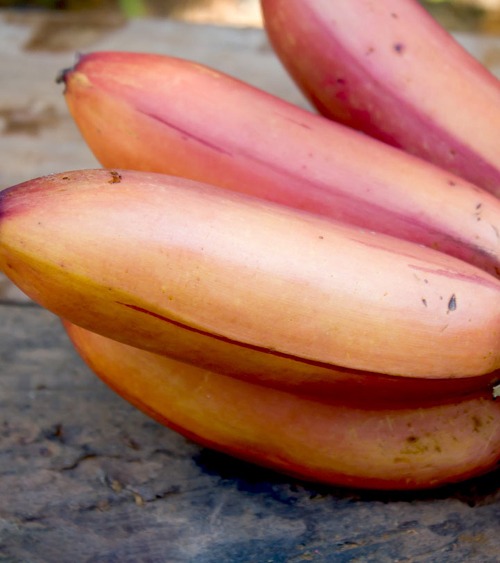
Health Benefits Of Red Banana
- Helps Reduce Your Blood Pressure
One of the main characteristics of red banana is its richness in potassium, which makes it an excellent choice for lowering blood pressure. Also, the abundance of magnesium in red bananas may help regulate muscle and nerve function, blood sugar, and blood pressure.
- Rich In Antioxidants
Red banana is a rich source of antioxidants. They have more phenolic compounds than other banana varieties. Research reveals that dietary intake of plant phenolics may slow down aging and help fight diabetes.
- Preserves Your Gut Health
Moreover, research says that the intake of high-fiber foods is associated with a reduced risk of heart diseases and piles. Fiber also plays a vital role in maintaining blood cholesterol levels and has been linked to weight loss.
- Boosts Your Energy
No matter if you strain your mind or your body. Bananas will help you get through hard work more efficiently. Remember that bananas are a favorite choice of tennis players who need tremendous energy due to great effort.


